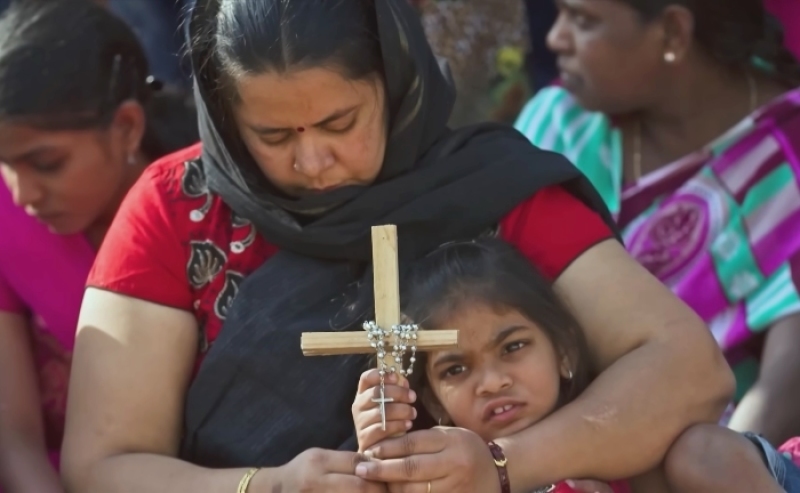
Authorities in northern India last week detained three Christians, including a pastor, under a contentious anti-conversion statute after allegations they sought to convert Hindus to Christianity through “inducements.”
The arrests in Uttar Pradesh came just days after India’s highest court faulted the state for misapplying the law to harass members of a minority community.
Police in Bareilly district took into custody Pastor Sumit Masey, Amit Masey (also known as Akshay Masey), and a woman identified only as Sarita following a complaint, while a fourth suspect, Satyapal, remains missing, according to Press Trust of India citing police officials.
Officers said the trio were booked under provisions of the Uttar Pradesh Prohibition of Unlawful Conversion of Religion Act, 2021—commonly called the anti-conversion law—which prohibits religious conversions achieved by force, fraud, or allurement.
According to police, complainants Rishabh Thakur and Nirdosh Rathore alleged that people associated with a Christian missionary rented a house in Bareilly’s Super City area, where they were purportedly pressuring Hindu women and children to convert by presenting the activities as religious gatherings and prayer events.
Police further claimed the arrested individuals promised improved living standards and healing to people from Dalit and economically disadvantaged communities to induce them to adopt Christianity, adding that several women and children had already converted through this method.
Just three days earlier, the Supreme Court threw out criminal complaints against Christians accused of religious conversion under the same statute, The Hindu reported, citing procedural defects, lack of credible evidence, and repetitive allegations across multiple cases.
The court said the prosecutions amounted to harassment of innocent individuals, noting that many complaints were lodged by unrelated third parties long after the alleged events, without direct proof of unlawful conversion or statements from anyone alleging coercion.
The bench also questioned the broader legal framework, highlighting concerns over the statute’s requirements to notify district authorities 60 days in advance and to conduct a police inquiry before any conversion.
Post-conversion mandates—requiring another declaration, along with public posting of personal details including home address and the location of the event—were likewise criticized by the court as intrusions on privacy and individual autonomy.
Advocacy groups say persecution of Christians is most acute in Uttar Pradesh, governed by the Hindu nationalist Bharatiya Janata Party, with Christians accounting for about 5% of India’s population and less than 1% in the state.
India ranks 11th-worst globally for Christian persecution, according to the Open Doors World Watch List, which notes that at least a dozen states have enacted anti-conversion laws that threaten Christians’ religious freedom.



















